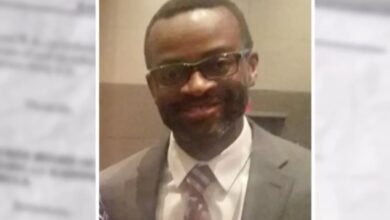Backers Allowed to Defend Calif. Gay Marriage Measure
The sponsors of a voter-approved same-sex marriage ban have the authority to defend the measure in court since the governor and attorney general refuse to do so, California’s highest court said in a precedent-setting ruling with consequences for the state’s vigorous citizens’ initiative process.
Responding to a question from a federal appeals court considering the constitutionality of the gay marriage ban known as Proposition 8, the California Supreme Court on November 17 said the lawmaking power granted to citizens under the state constitution doesn’t end once propositions have been approved or rejected by voters.
“It would clearly constitute an abuse of discretion for a court to deny the official proponents of an initiative the opportunity . . . to assert the people’s—and hence the state’s—interest in the validity of the measure and to appeal a judgment invalidating the measure,” the ruling states.
In the 61-page advisory opinion, the seven justices said denying ballot proposition backers a seat at the table would effectively grant the governor and attorney general veto power over initiatives with which they disagreed, a situation the justices said would undermine the law-making powers California gave voters in 1911.
The ruling establishes a state precedent that could be used in other ballot initiative cases the attorney general or governor decline to defend. Instances are rare of state officials refusing to appeal rulings that are adverse to voter-approved laws, but they have come up in California every couple of decades or so.
Civil rights groups criticized the Supreme Court’s expansive view of the initiative process, predicting it would put minorities at a political disadvantage.
“Allowing the Prop 8 proponents to have special rights in court may open the floodgates to wealthy special interests to do the same,” said Courage Campaign chairman Rick Jacobs, whose group champions progressive causes in California. “The judges of the 9th Circuit must determine if people who had enough money to buy a ballot measure that calls for people to vote on each other’s rights should have special rights in federal court.” —Associated Press











Comments